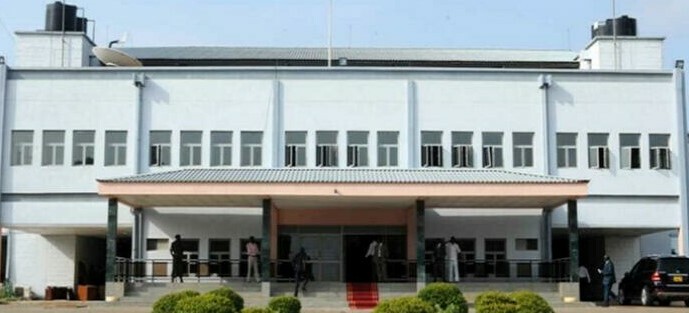South Sudan’s parliament has passed the Ministry of Federal Affairs policy framework and strategic plan for 2022/2025.
“The policy framework has already been discussed and passed unanimously by the house so that the Ministry of Federal Affairs can continue with its plan,” John Agany, the chairperson of the information committee, told reporters on Monday.
Agany said the policy framework is important because it enables the ministry to sensitize the citizens on the need for the federal system of government as it has been the demand of South Sudanese, noting that it also allows the ministry to follow up on the constitution-making process.
“The Ministry of Federal Affairs will continue to plan for its ministry and the task that has been assigned to it by the agreement, and then it will be following up the constitutional making process, which is going to be a key issue to be discussed in the following few months,” he said.
The 2018 peace agreement stipulates that South Sudan shall be governed on the basis of federalism. It, however, leaves the type of federalism to be decided during the constitutional design process.
Federalism is a system of government that shares power and responsibility between a national government and local authorities in states, provinces, or counties. Federalist systems give local authorities more say in how their constituencies are governed.




